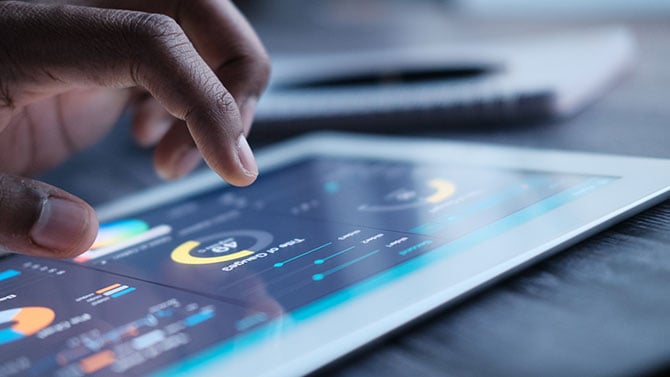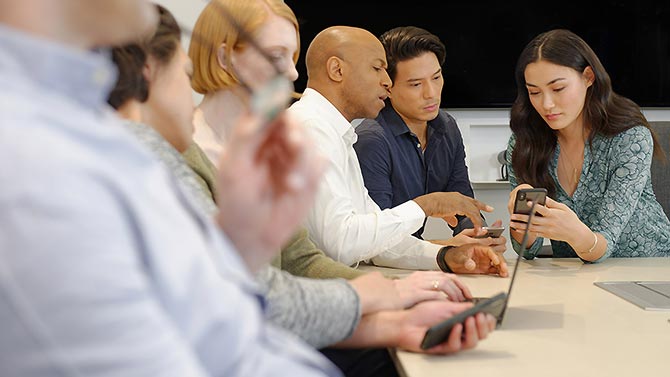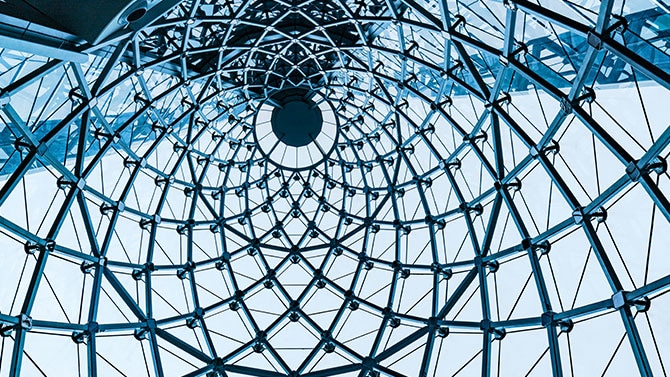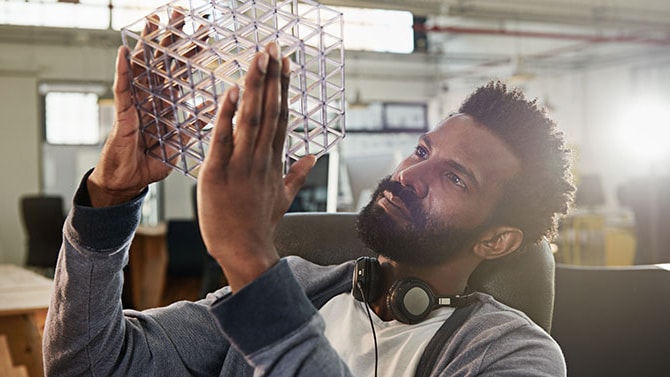
TechTalk Podcasts - Season 2
Season 2

Ep4: The One with the Privacy Professor
On this episode, US based entrepreneur and CEO of the Privacy Professor, an information security company, Rebecca Herold, who was also a keynote speaker at the PwC Luxembourg Cybersecurity Day 2019, spoke to us about privacy issues and cybersecurity in general.
Contact us
Pauline André
Director, Head of Marketing & Communications, PwC Luxembourg
Tel: +352 49 48 48 3582
















